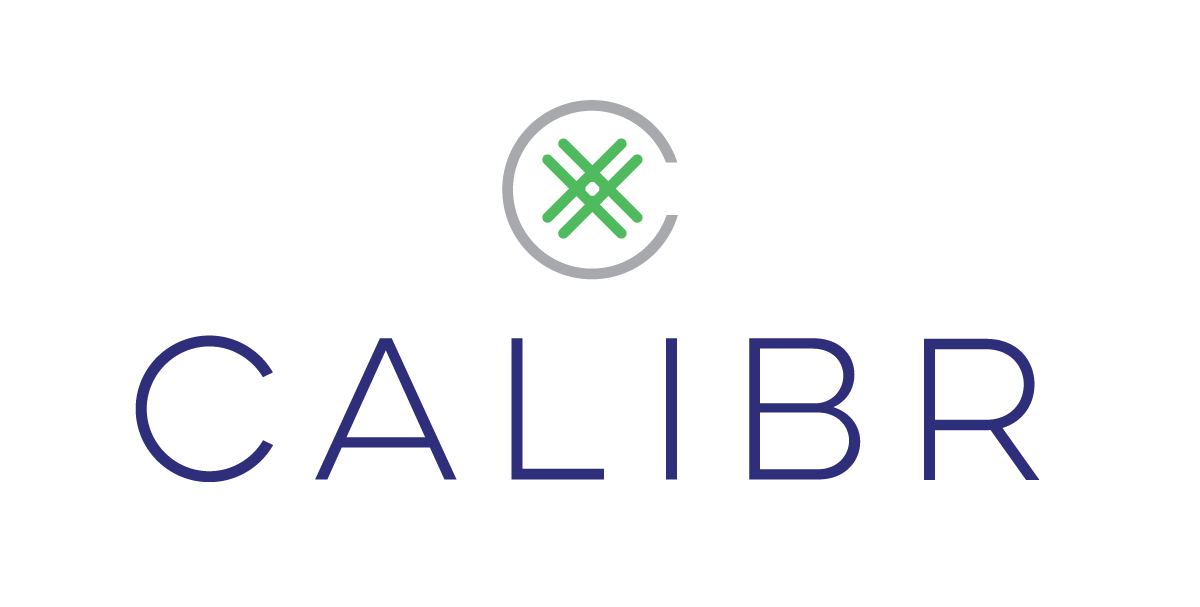Running a small businesses is often an all-hands-on-deck operation and a lot can get lost in the shuffle. With years of experience working hand in hand with businesses, I have seen all kinds of things that cost businesses time and money. With companies big or small, these are the top 3 things that consistently eat away at the bottom line.
Issue #1: Invoices Aged Over 30 Days
Collecting payments tends to be the most costly part of running a company. Companies commonly don’t have clear payment terms or tend to soften them to win the sale. With no plan of action to tackle unpaid invoices, many companies resort to a phone call and hope the client answers and pays.
FIX: Preparation and Preplanning
Clear contract terms and documented payment agreements
Collecting (and securely storing) payment information for contracts or service agreements.
Recurring billing plans using accounting software or payment processor
Use of a simple customer interface to make payments
Issue #2: No Reconciliation Process
“Reconciliation” may be a new term. It is defined as “the key process used to determine whether the money leaving an account matches the amount spent, ensuring the two values are balanced at the end of the recording period.”
For companies with linked accounting softwares and bank accounts, many think of this as a hands off task. However, human intervention is necessary to make sure your accounting books square up. When companies finally dig in, they find a variety of things:
Unpaid Customer or Vendor Invoices
Fee Increases from Vendors
Duplicate Charges
Unaccounted for Cash Withdrawals or Deposits
FIX: Two options, both will assist in cash flow and tax reporting:
Schedule time: Block out a couple hours each month on your calendar as a recurring event. This will ensure regular attention to finding leaks.
Hire an hourly professional: Time is money. Bookkeeping professionals are efficient and as they learn your business, it will take less time to complete your reconciliation. Another set of eyes is also beneficial to see things you may have missed.
Issue #3: No Review of Services or Fees
This is common with mom and pop businesses all the way up to Fortune 500 businesses. Many companies don’t take the time to kick the tires on the fees they are paying to vendors. Because many take the stance of “If It Isn’t Broken, Why Fix It,” they are commonly overpaying. I have met with companies that have let 10+ years pass and overpaid thousands of dollars.
FIX: Knowledge is Power
Find your contract end / renewal dates for vendors. This may require reaching out to get copies of contracts.
Request an account review 6-9 months before the end of your contracts. They may find you now qualify for a new tier or reduced pricing.
Ask your tax or bookkeeping professional for recommendations.They are looking at companies’ expenses everyday and may have insight into where costs might not line up with industry standards.
Reach out to your local chamber of commerce, LinkedIn groups, or associations. Let others’ hindsight be your foresight.

